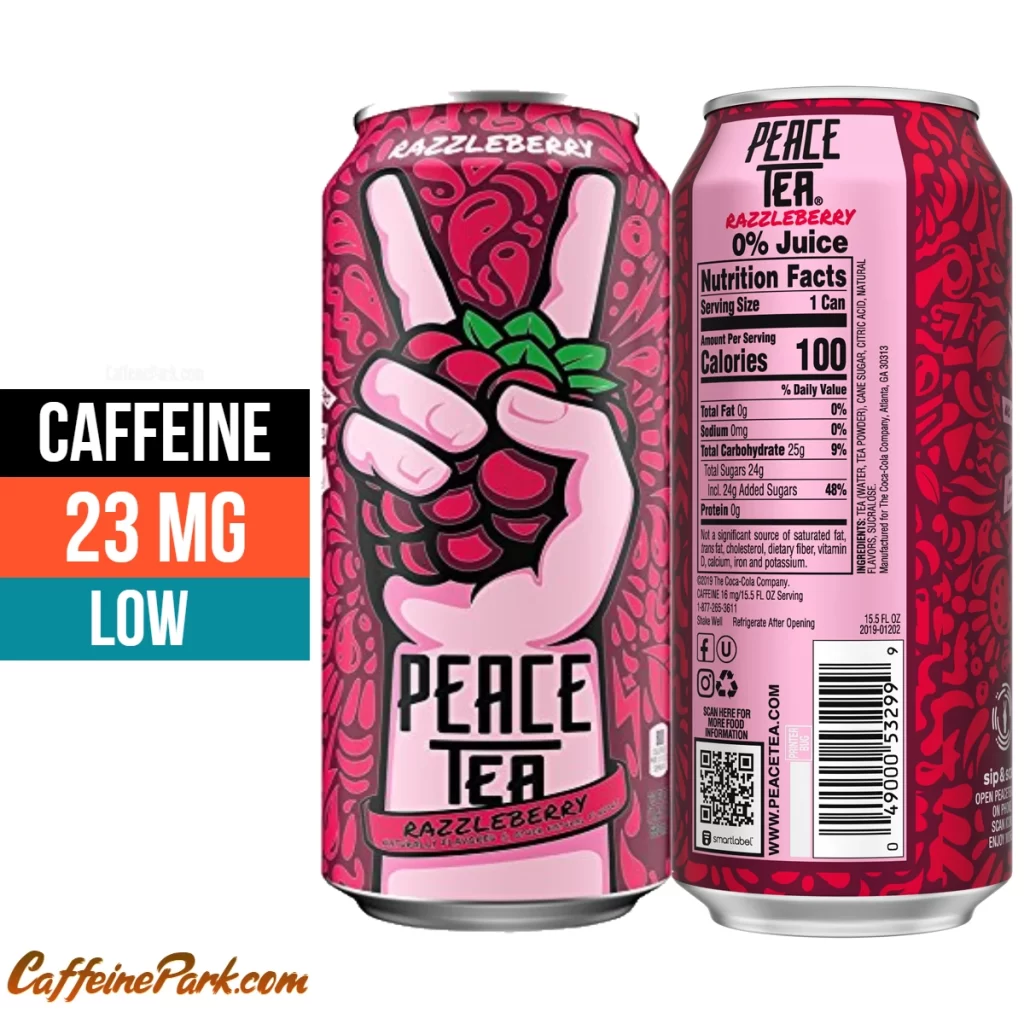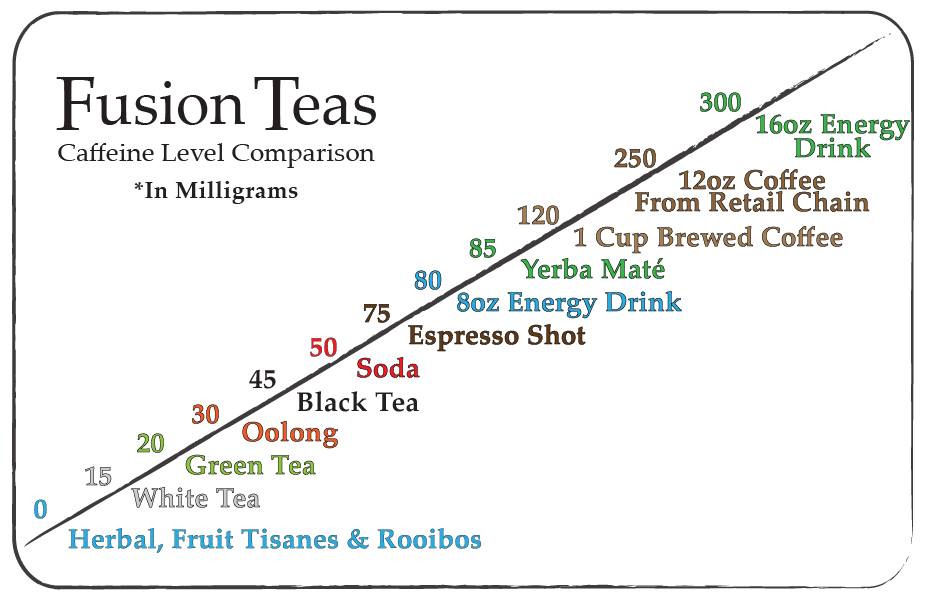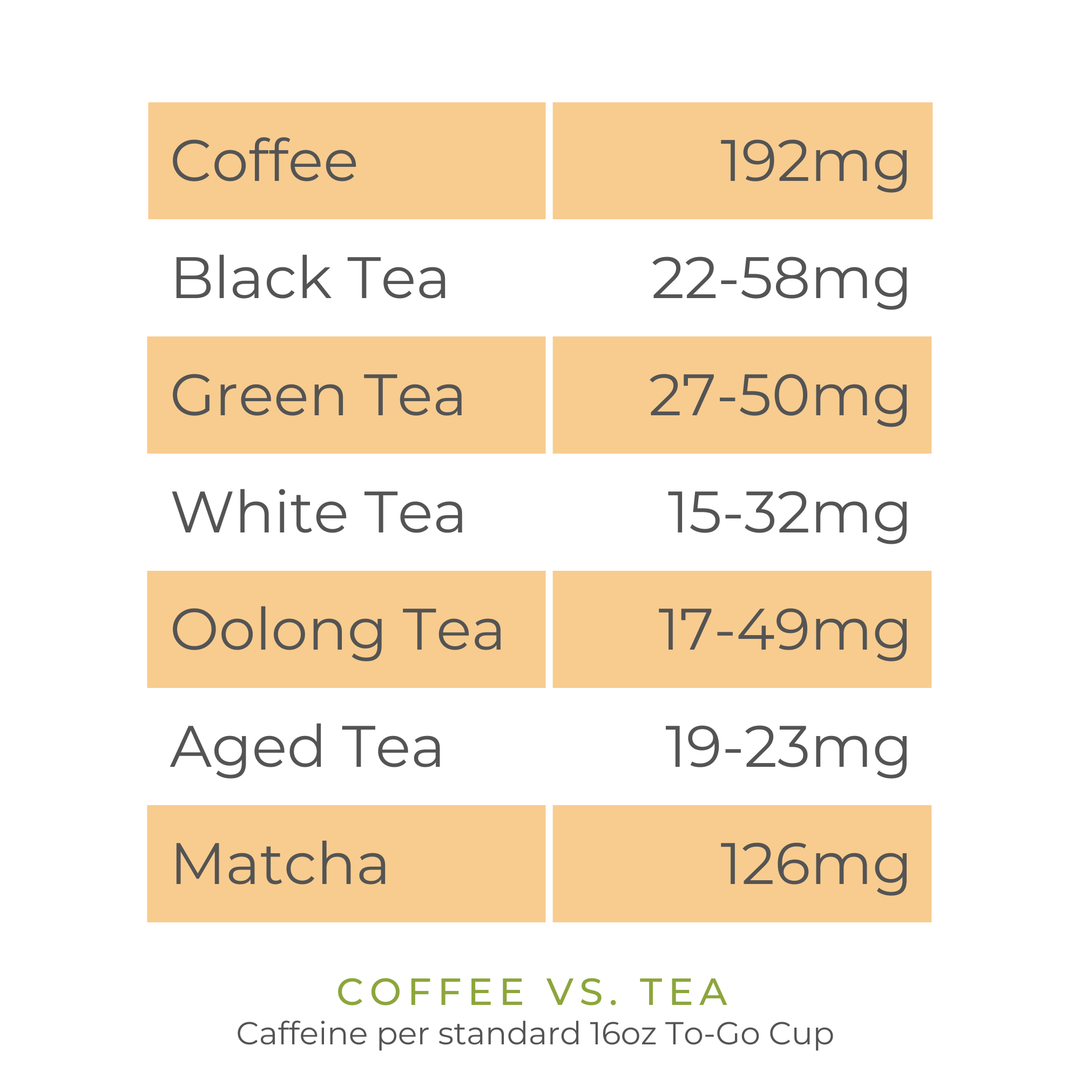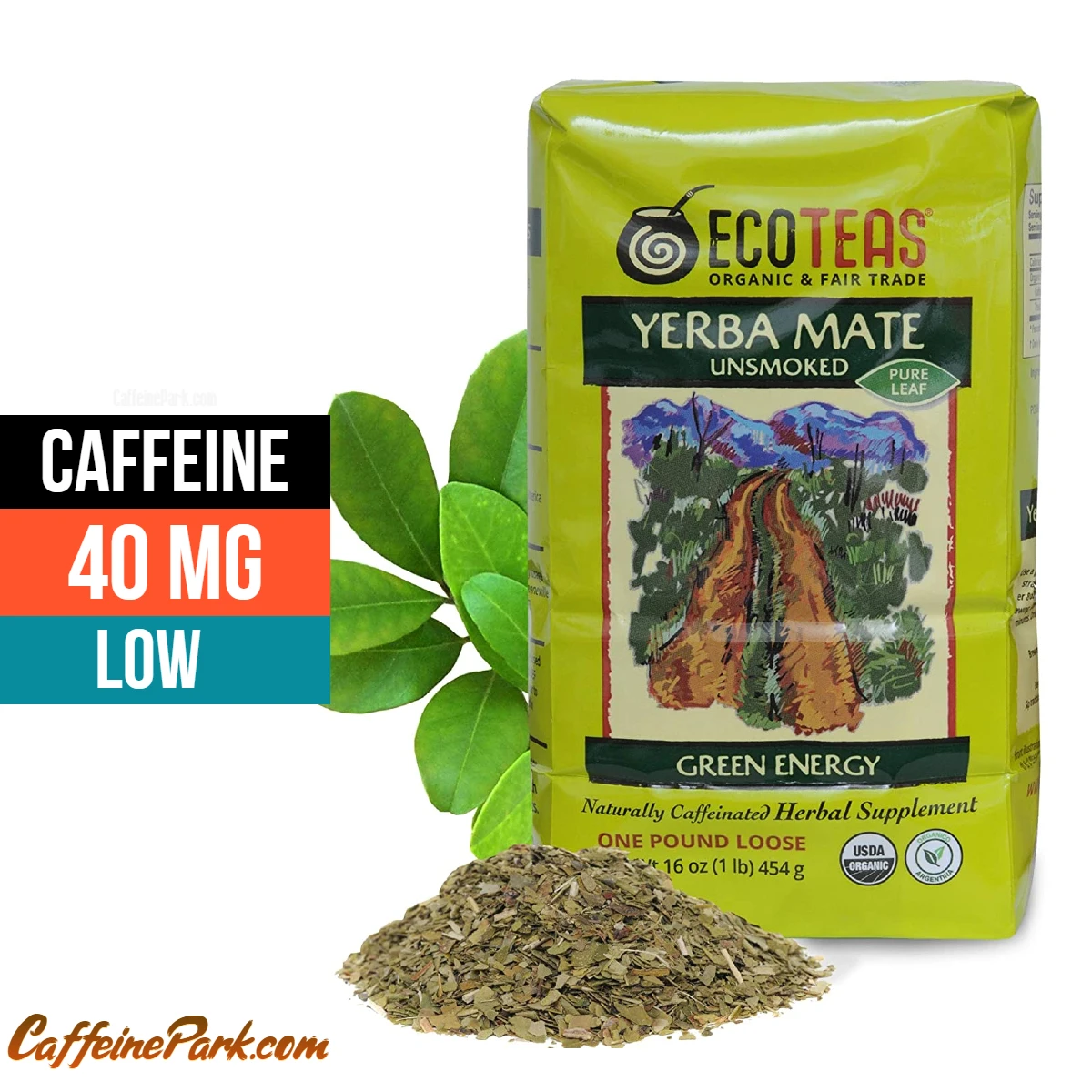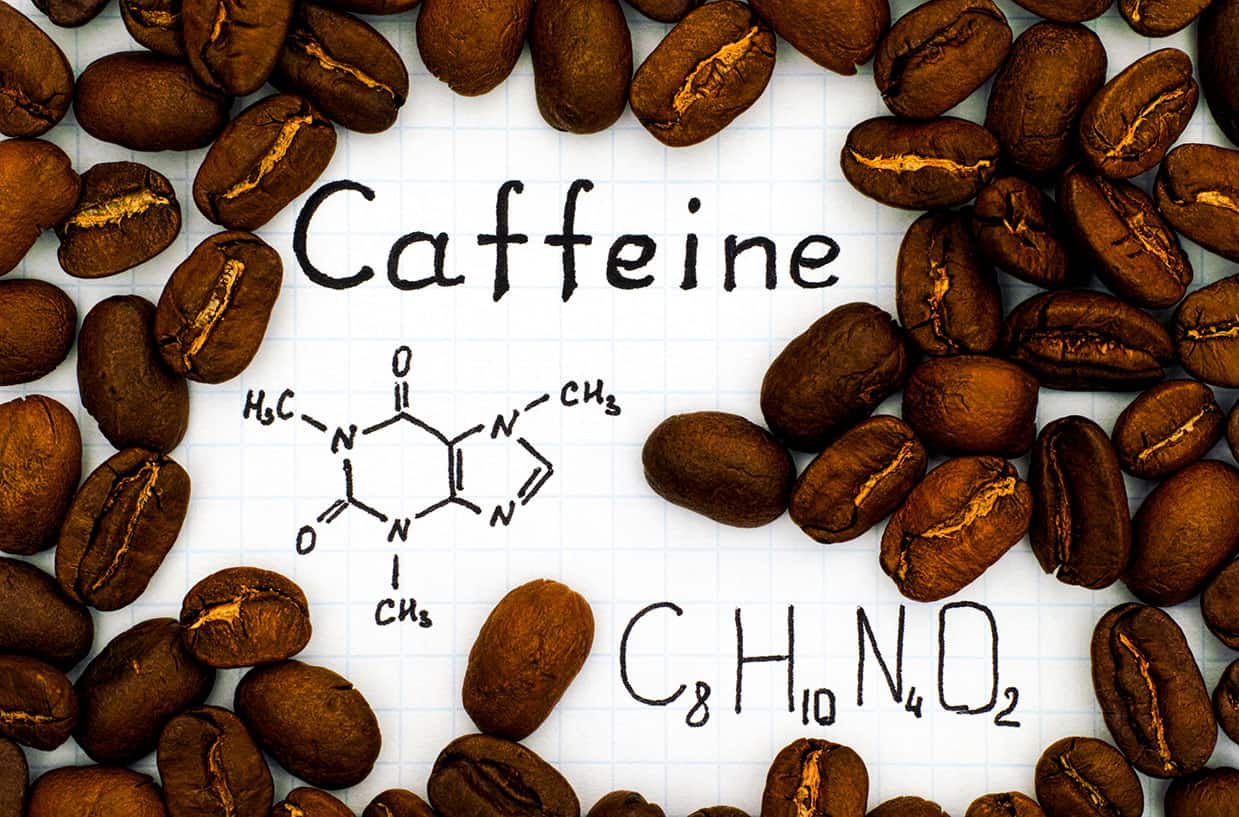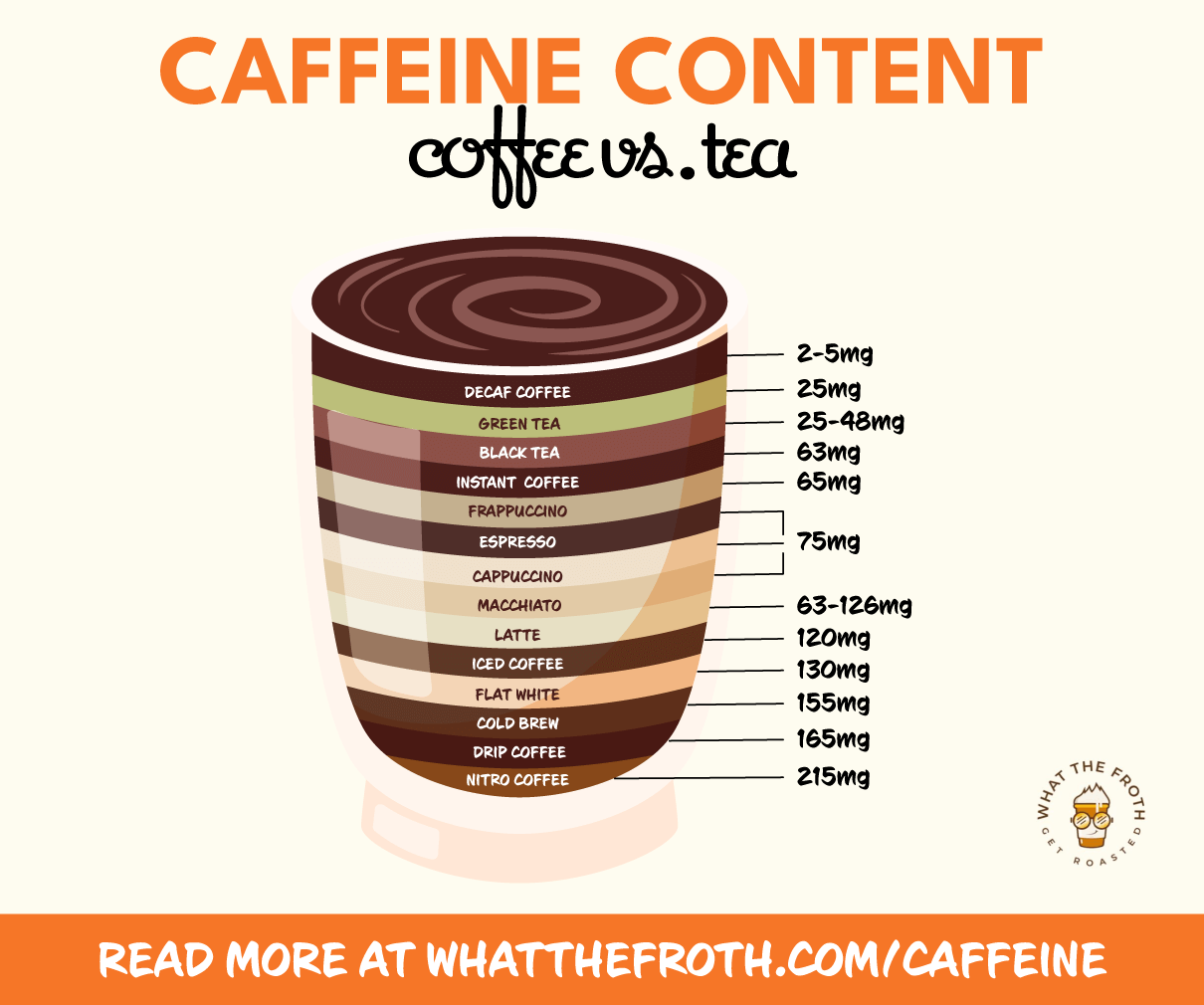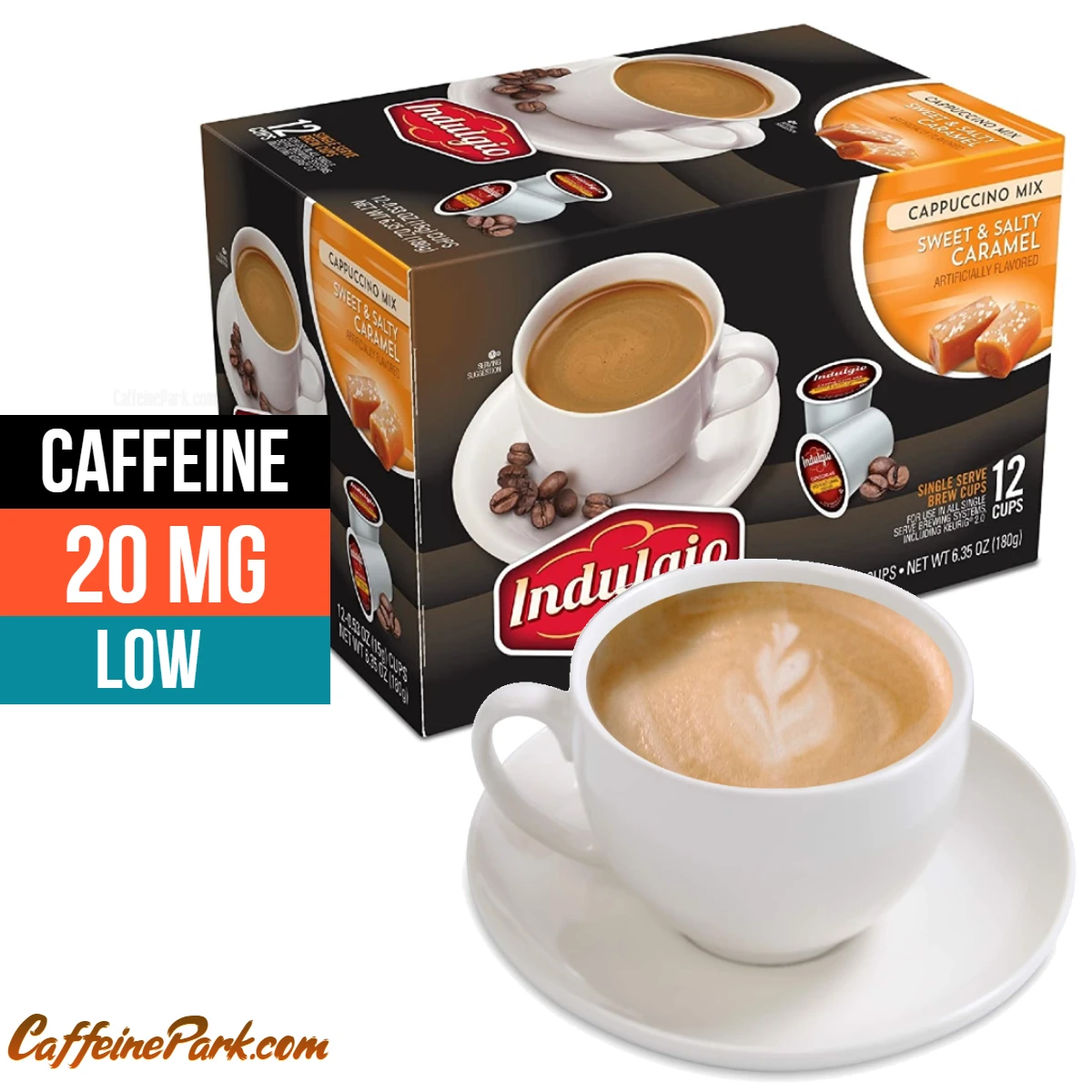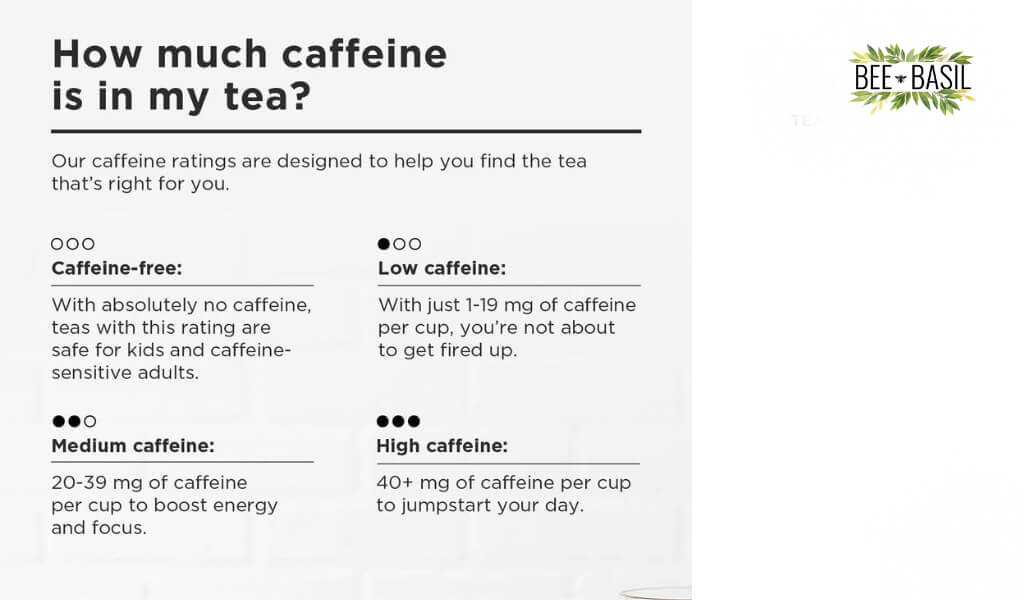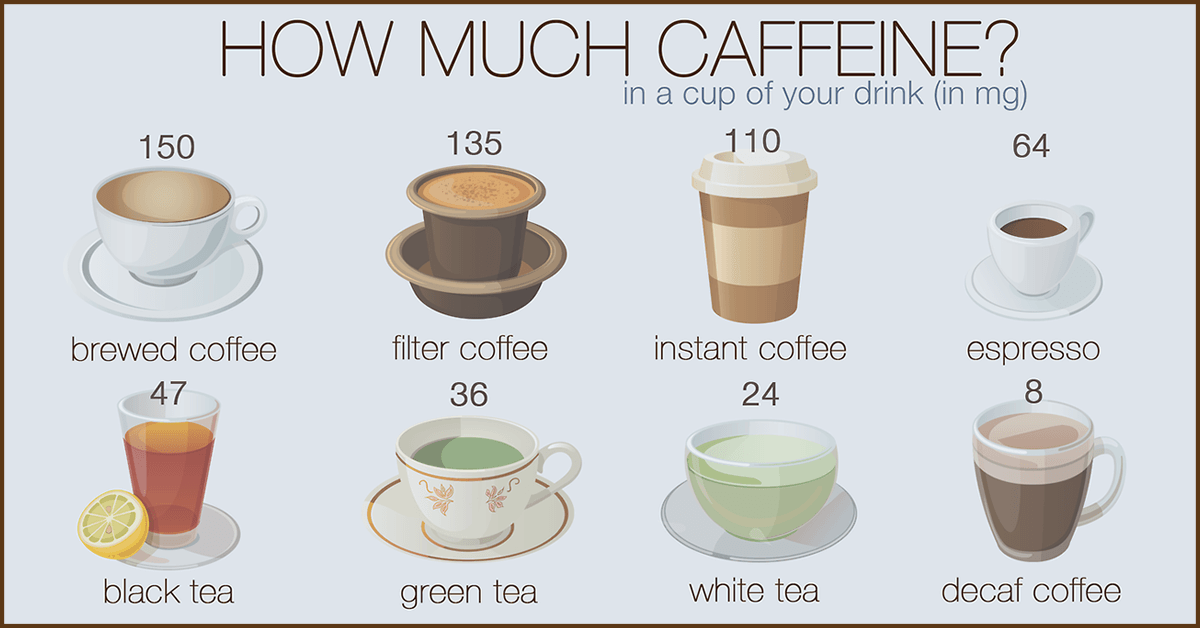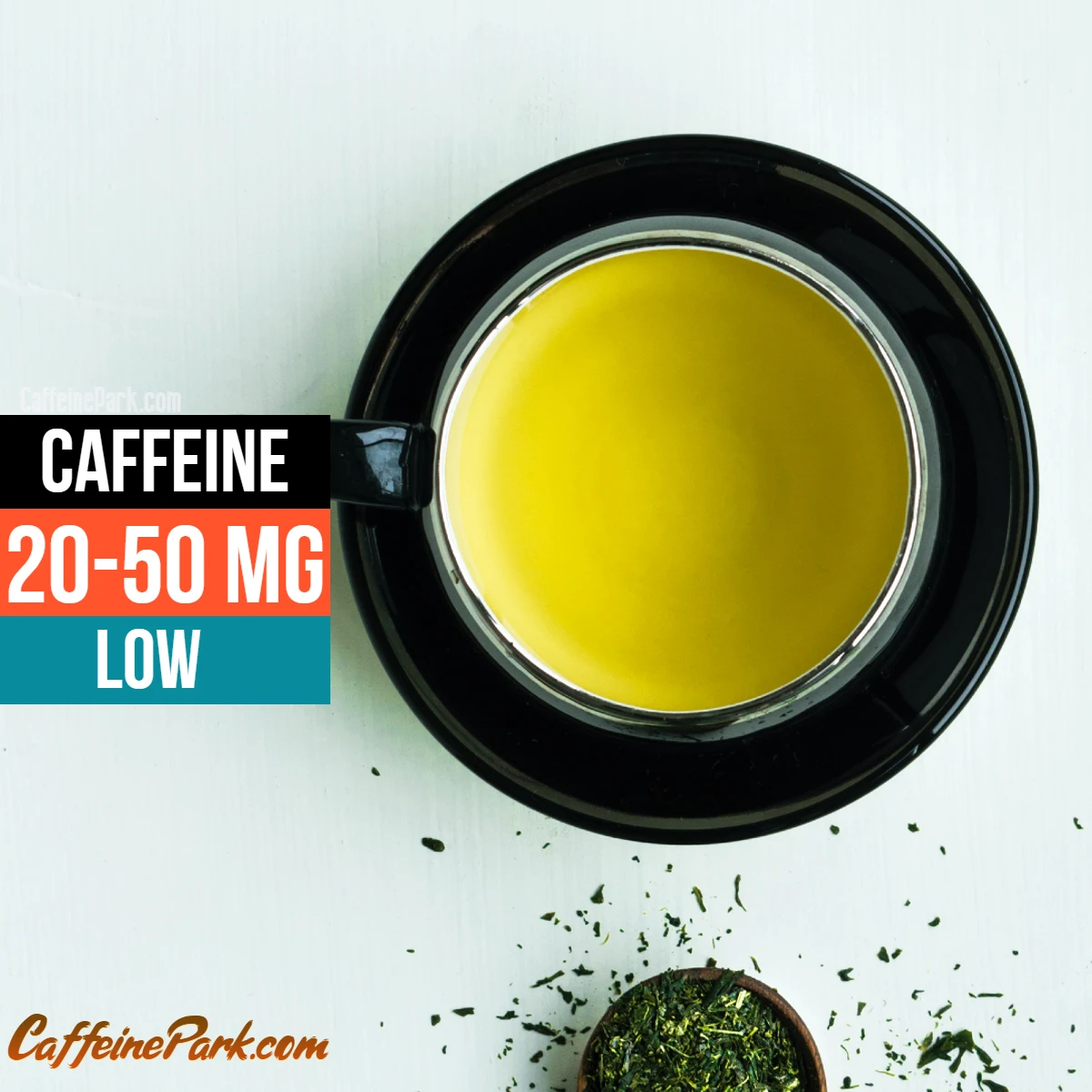How Much Caffeine Is In Peace Tea
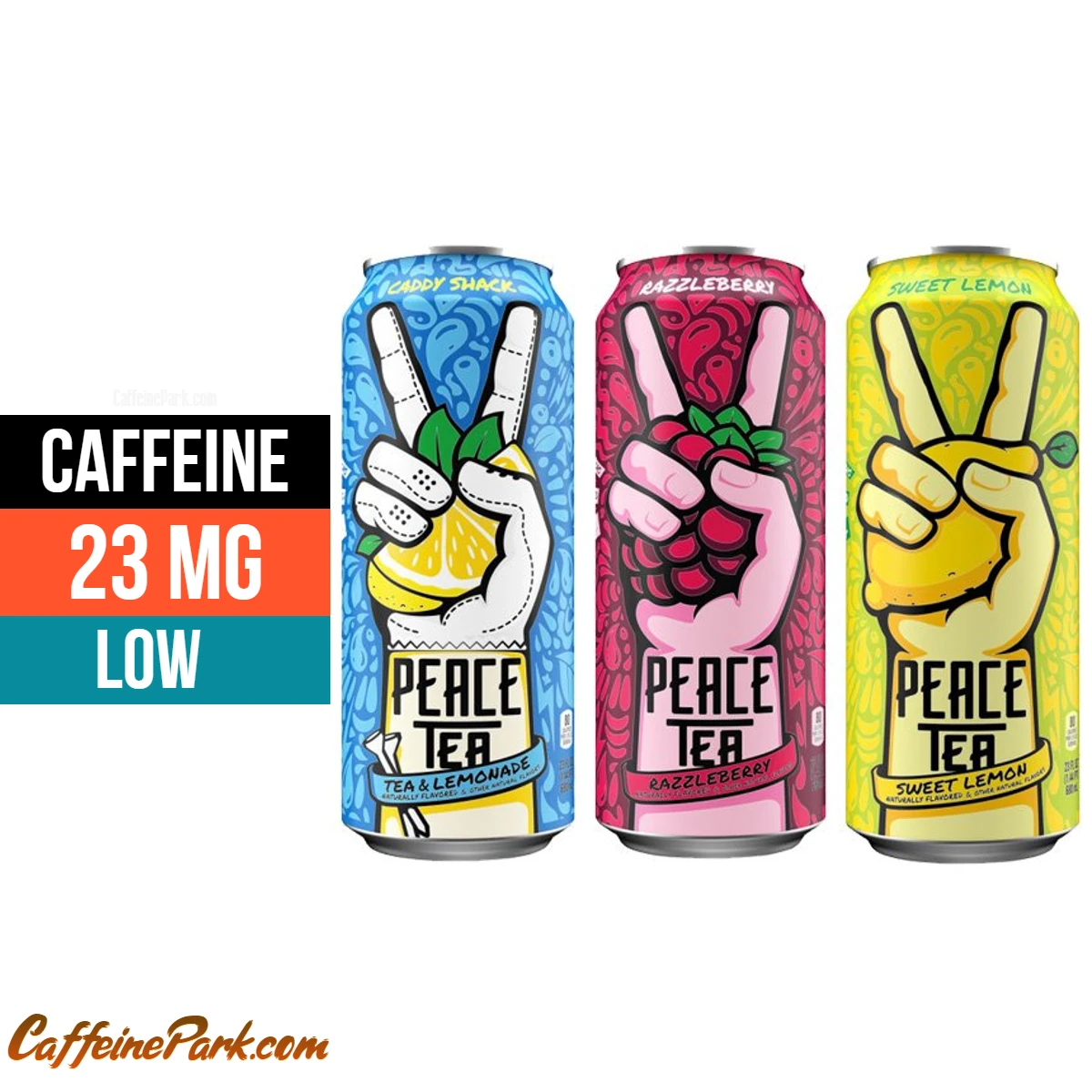
In an era dominated by energy drinks and coffee culture, consumers are increasingly vigilant about their caffeine intake. Understanding the precise amount of caffeine in popular beverages is crucial for managing energy levels, sleep patterns, and overall health. This heightened awareness places brands like Peace Tea under scrutiny, as consumers seek clarity on the caffeine content of their favorite iced tea.
This article aims to delve into the specific caffeine levels found in Peace Tea, examining various flavors and comparing them to other common caffeinated beverages. By consulting official statements from the Coca-Cola Company (Peace Tea’s parent company), nutritional labels, and expert opinions, this analysis provides a comprehensive guide for consumers to make informed choices about their caffeine consumption when reaching for a can of Peace Tea.
Peace Tea Caffeine Content: Decoding the Numbers
Peace Tea, known for its vibrant flavors and distinctive can designs, is a popular choice among iced tea enthusiasts. However, the brand's marketing doesn't heavily emphasize its caffeine content, leaving many consumers unsure of just how much of a boost they're getting.
According to information available on Coca-Cola Company's website and product packaging, a 23-ounce can of Peace Tea typically contains around 69 milligrams of caffeine. This figure, while consistent across most flavors, is essential for consumers to note, as it places Peace Tea in a particular category compared to other beverages.
Comparing Peace Tea to Other Beverages
To put the 69mg figure into perspective, consider the caffeine content of other popular drinks. An 8-ounce cup of brewed coffee generally contains between 80 and 100 milligrams of caffeine, while a 12-ounce can of Coca-Cola contains around 34 milligrams. This places Peace Tea between Coca-Cola and a standard cup of coffee in terms of caffeine strength.
Compared to energy drinks, Peace Tea contains significantly less caffeine. Many energy drinks boast caffeine levels ranging from 150 to 300 milligrams per serving. Therefore, Peace Tea offers a milder caffeine experience than most energy drinks, which might appeal to consumers seeking a gentler energy lift.
Factors Influencing Caffeine Levels
While 69mg is the generally accepted caffeine content, there might be slight variations depending on the specific flavor or batch of Peace Tea. The source of caffeine is primarily from the tea leaves used in the brewing process.
Different varieties of tea leaves naturally contain varying levels of caffeine. Production processes can also influence the final caffeine concentration. These factors, though typically minor, can contribute to slight differences in caffeine levels from can to can.
Potential Health Implications
For most adults, consuming 69 milligrams of caffeine is considered moderate and unlikely to cause adverse effects. However, individuals sensitive to caffeine may experience symptoms such as increased heart rate, anxiety, or difficulty sleeping. It is crucial to listen to your body and adjust your caffeine intake accordingly.
According to the Mayo Clinic, up to 400 milligrams of caffeine per day appears to be safe for most healthy adults. However, pregnant women, individuals with heart conditions, and those prone to anxiety should exercise caution and consult with their healthcare provider about appropriate caffeine limits.
The Coca-Cola Company's Perspective
The Coca-Cola Company, which owns Peace Tea, provides nutritional information on its website and product packaging. The company emphasizes transparency regarding the ingredients and nutritional content of its beverages, allowing consumers to make informed decisions.
While Coca-Cola actively promotes other products, Peace Tea's caffeine level isn't a central part of its marketing strategy. Instead, the brand focuses on its diverse flavors, quirky branding, and association with a laid-back lifestyle.
"We are committed to providing consumers with clear and accurate information about our products," a representative from the Coca-Cola Company stated. "This includes details about caffeine content, enabling individuals to make choices that align with their personal preferences and health needs."
Consumer Awareness and Responsible Consumption
With increased access to nutritional information and a growing emphasis on health and wellness, consumers are becoming more proactive in monitoring their caffeine intake. Understanding the caffeine content of beverages like Peace Tea empowers individuals to manage their energy levels and avoid potential side effects.
It is also important for consumers to consider their overall caffeine intake from all sources throughout the day. Combining Peace Tea with other caffeinated beverages or medications can potentially lead to excessive caffeine consumption. Moderation and awareness are key to enjoying caffeinated beverages responsibly.
Future Trends and Considerations
As consumer demand for low-caffeine and caffeine-free options continues to rise, it's possible that Peace Tea might consider introducing variations with reduced or no caffeine. This could broaden the brand's appeal and cater to a wider range of consumer preferences.
Furthermore, advancements in food science and technology could lead to more precise and consistent caffeine measurement in beverages. This would provide consumers with even greater clarity and control over their caffeine intake.
In conclusion, a 23-ounce can of Peace Tea contains approximately 69 milligrams of caffeine, placing it between Coca-Cola and a standard cup of coffee in terms of caffeine strength. While generally considered a moderate amount for most adults, consumers should be mindful of their individual sensitivity to caffeine and overall daily intake. By understanding the caffeine content of Peace Tea and other beverages, individuals can make informed choices that align with their personal health and wellness goals.

